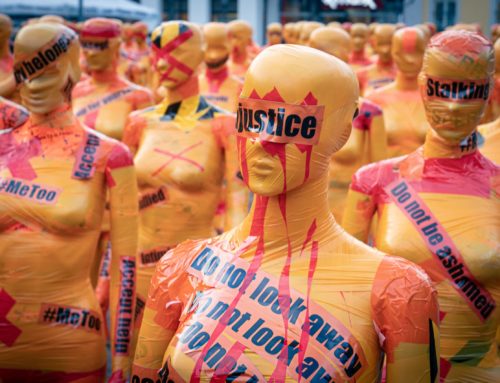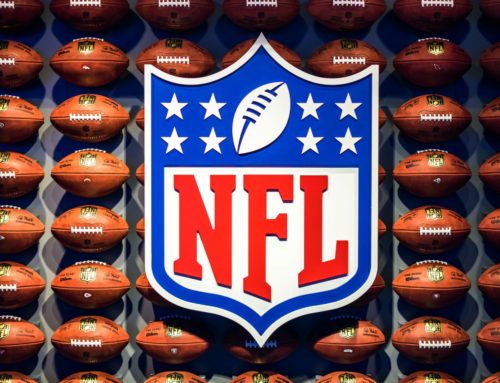Tracking large sums of money is not a new concept for the government. In both the US and the UK, it is customary for banks to conduct background checks prior to opening a bank account, for individuals to show proof of identity to vote, and for charities to ask for specific information in order to prove the money they accept in donations is not dirty money. The same can not be said when it comes to political party donations.

According to a recent piece by The Independent, the lack of oversight into who is making donations to political parties has been put into question as the UK Conservative Party pushes to abolish the Electoral Commission, an independent agency that regulates party and election finances and sets standards for how elections should be run.
Critics claim that UK Ministers, who are now introducing tough ID laws in order to vote in elections, have failed to require the same rules for identification for the billions of British pounds going to political parties. In the UK, “parties are exempt from the regime that requires suspicious transactions of more than £10,000 to be reported to the National Crime Agency” states The Sunday Times.
This lack of checks and balances is raising serious money laundering red flags. In fact, UK prime minister Boris Johnson was accused of allowing the Kremlin to “meddle in UK politics” back in 2019 due to the lack of transparency into political party donations.
“People are going to be asked for identity to vote – yet no one’s really asking for identity for those who are donating money to political parties,” states Dr Alistair Clark of Newcastle University in the UK.
For now, no new laws have been passed to beef-up the anti-money laundering efforts in relation to party donations, though we will continue to monitor the situation as it evolves.





